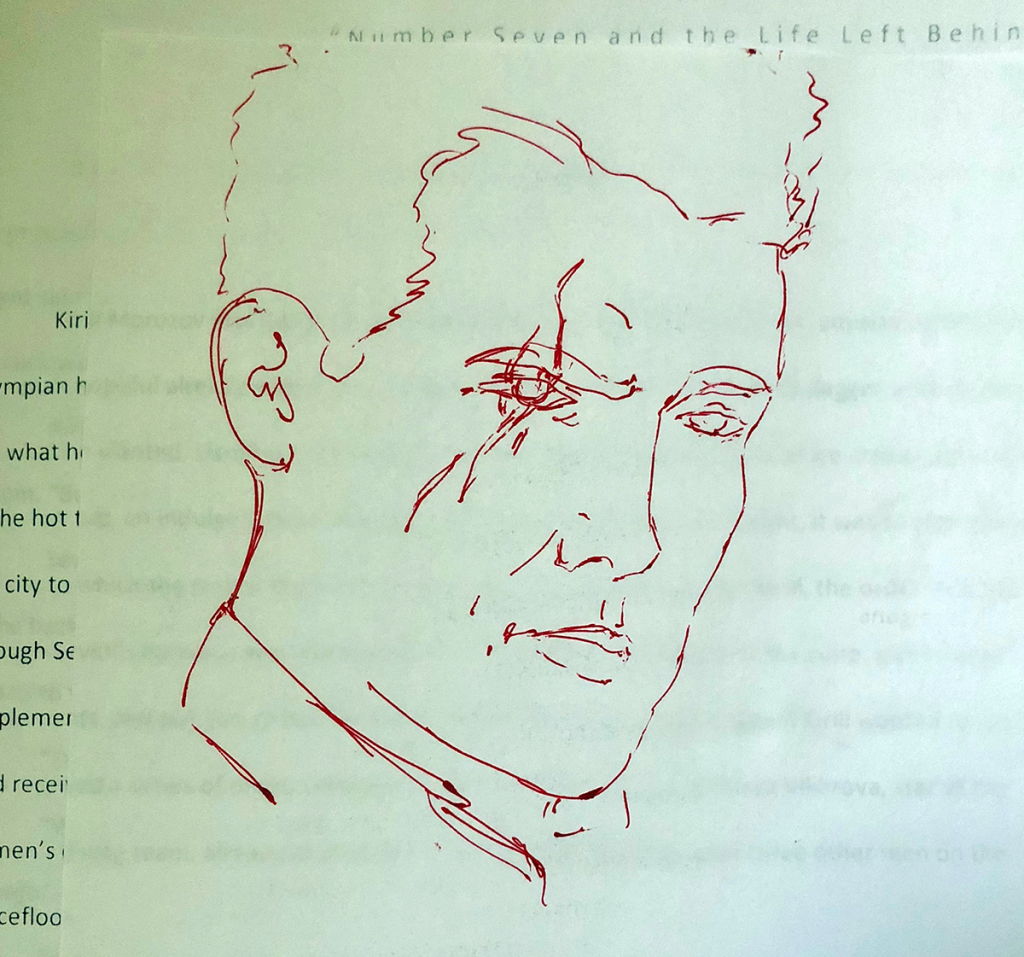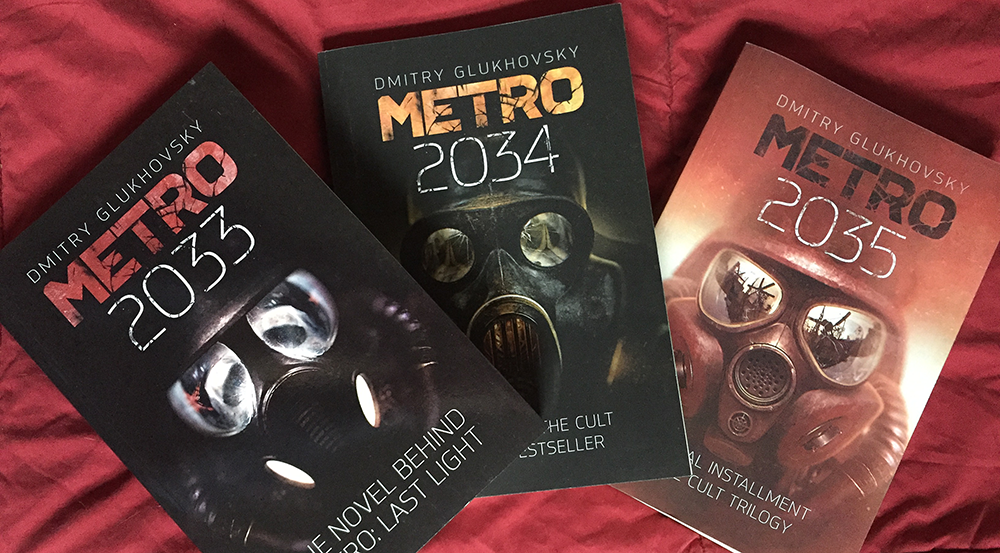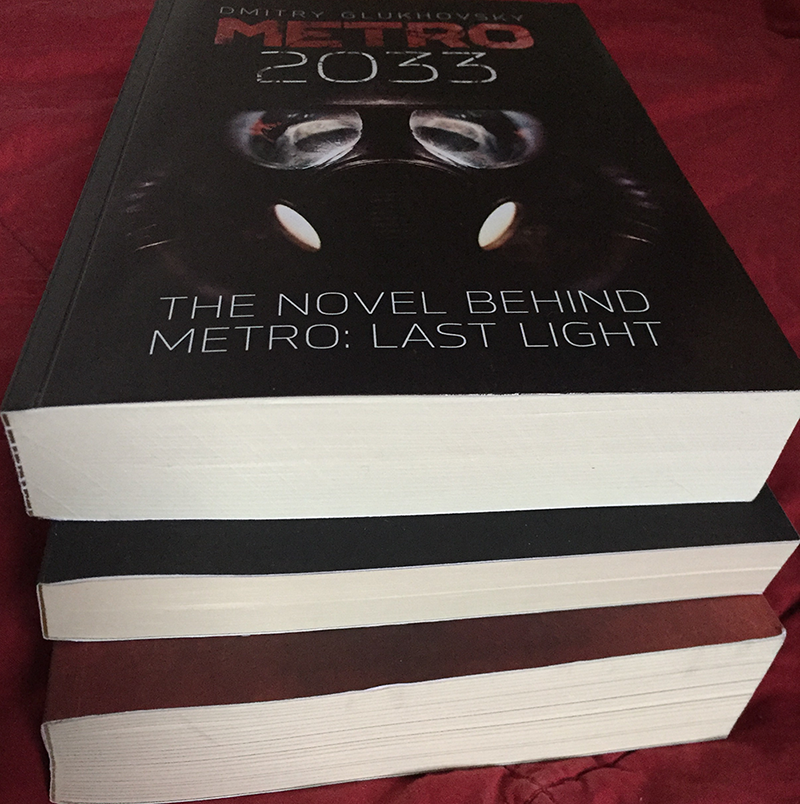by Mayumi-H | Jul 3, 2018 | It's My Life, Writing Projects
In the last days of December 2017, a friend pointed me toward a writing competition. The theme for the competition was “Awakenings”. The group that posted the competition welcomed all genres, with a great desire for romance and speculative fiction, among others. I’ve written romance in many forms over the years, from the simple to the unapologetically raunchy. I had only a few days before the deadline, but I’d come up with – what I thought at the time – a straightforward love story set in a pseudo-familiar setting, and one I could finish pretty quickly.
Then I actually started to write it.
What poured from my brain was a twisty-turny, upside-down-reality tale of love, duty, patriotism, relationships, even politics(!) that took nearly a full five months to finish. It wasn’t what I had first planned, and it veered a lot from my original plot. But one lesson I’ve learned through writing fiction is that, when I allow the characters to speak freely, they will forge their own path. More often than not, that path is more satisfying than any I may have planned at the start.
Number Seven
Seven, like so many of my original characters, embraced his being-ness with so much quiet strength and determination, it overwhelmed me. I could think of no other story or character for those five months I wrote. In fact, writing became almost like transcribing. Many times, it felt like he was standing at my shoulder, telling me who should do what and what should happen next. That letting-go is one of the most joyful feelings I’ve experienced as a writer.

Dour Number Seven, a doodle by me.
I said I wouldn’t apologize for Seven’s story, and I won’t. He took me on a new journey into personhood, one I hadn’t considered before. I grew with him, and because of him. He made me open my eyes a little bit wider to the world around me. He’s a bit suspicious, as I am, and he’s quite the serious individual, as I can be. But he also has to trust himself, a lesson I took to heart along the way, too.
If any of this has piqued your interest, you can read “Number Seven and the Life Left Behind”, part 1, here.
What’s Next
I’ve posted this story for free because it’s a project I want to share with people. I am working on a hardcopy version, and when that’s available, I’ll be sure to share that news. In the meantime, if my story moved you at all, I’d encourage you to take a moment to consider where you are in the world today, and what struggles you see, nearby or faraway, hidden or in plain sight. Everywhere, there are people fighting the good fights: for freedom, equality, and love. This story is for them. And for me, and for you, because we’re all in this together.
Now,Thanks
A writer rarely creates a story in a vacuum. People influence us in their own ways. Sometimes, that influence makes it onto the page. Sometimes, it helps us just get to the page in the first place.
Thank you to Sue for giving me the impetus to write this story.
Thank you to Chase for joining me for the ride.
Your thoughtfulness and support means a lot to this lonely writer. 🙂
by Mayumi-H | Jun 4, 2018 | Publishing, Short Stories, Writing Projects
In late December 2017, a friend directed me to The Book Smugglers ‘Awakenings’ Writing Contest. The idea behind the contest – a speculative fiction short story/novella based on the theme of “awakening” – intrigued me, so I kicked around some possible ideas before one particular concept clicked. Here’s the very first original sentence I wrote for it:

At first, I thought I could pull it off before the December 31 deadline: a short story about agent Seven and his handsome young charge, navigating the adventures of first lay and first love. But, as so often happens when a character grabs my imagination, Seven’s story became larger, more complex, and demanded more words. And more time. The deadline passed, and I had written only a fraction of the story Seven wanted me to tell. A new character entered the mix. An existing character wanted a bigger role. The main supporting character had a change of heart. And everyone’s conflicts came to a joined head that put all of them in danger from a common enemy.
The things we do for love (of a story).
So, what happened? Well, I wrote it all: every character, every subplot, every conflict. I put it all down in my main document and kept pressing toward that goal of writing The End. Far longer than I’d originally intended – five months and three days, to be exact – I finished this story. It went through changes, updates, even some 180-degree turns. But, I love it.
I’ve always thought that stories are better when they’re shared, even the flawed ones. This one, no doubt, has its flaws, but in my experience, flaws are easier to see when you open them up to other eyes. So, I’m opening this story up to you, my friends and fellows. It didn’t succeed in its original purpose (that is, for submission to that Book Smugglers writing contest), but it did succeed in fulfilling my hopes for a new story.
~More than “Just a Job”~
My original thematic catchphrase for this story was “Just a Job”, and, if you decide to read it, you’ll probably see why. As the words – and weeks – went on, though, I decided that wasn’t the most descriptive title. In its place, I’m calling this one “Number Seven and the Life Left Behind”. (My other idea was “More Than the Sum”…but that titles was already taken by somebody on Goodreads. And if I ever decide to post this story there, I want it to stand out.)
Over the coming month, I’ll be posting each section/chapter of “Number Seven and the Life Left Behind” here on this website. Starting June 7, you can read a new section every Tuesday, Thursday, and Saturday. If you’re on my subscriber list, I’ll be turning off email update notifications for the individual story posts. But, I’ll be linking to them in my various social media feeds. At the end of the updates, I will collect all sections into a single document suitable for download or reading on your e-device. (psst! There’s even a chance I’ll put it into real book form, for both your and my shelf!) As for the story itself, you can “Like” or comment or not; that is always your choice. I’m just interested in sharing Seven’s story.
by Mayumi-H | May 2, 2017 | It's My Life
The story
Metro 2033 (Метро 2033) tells the story of the 40,000 survivors who escaped to the subway tunnels of the Metro beneath Moscow when nuclear conflict escalated to war between Russia and the United States in 2018. For the survivors, life went on, in a fashion. Precious ammunition counts as currency in the Metro, where people live day-to-day cultivating mushrooms, tending to pigs, and defending their home stations from mutated creatures and hostile invaders from other stations on the line. Now, a new threat has arrived: Dark Ones – neither creature nor man but some strange psychic being in-between – have started to encroach on VDNKh Station. Artyom, who was only five years old when the missiles struck, and who remembers the surface world only as a vague dream, is entrusted with a dangerous mission to destroy the Dark Ones. But that means leaving VDNKh, making his way through the warring factions of the Metro, and confronting the horrors on the surface. Along the way, he will discover a secret about the Dark Ones that could change the course of humanity forever.

My ‘Metro 2033’ collection of novels.
First published online by young Russian writer Dmitry Glukhovsky in 2002, Metro 2033 was followed by Metro 2034 in 2009, and Metro 2035 in 2015. A videogame adaptation of the first book came in 2010 from developer 4A Games, which, admittedly, was my introduction to the series, with a follow-up sequel in 2013. [If you are only familiar with the game/s, but you liked the world presented there, and if you’re dedicated enough to make it through some dense Russian fiction, I recommend the books.]
While the author was born and the books themselves take place well after the Cold War, all three include critical – at times even damning – observations on communism and fascism. These two ideologies are on display throughout the books as the primary warring factions, the Reds and the Fourth Reich. A third group, Hansa, is a free trade coalition, while the sub-stations that comprise Polis at the center of the Metro map represent a kind of intellectual oligarchy. Artyom’s interactions with all of these small nation-states (nation-stations?) form the backdrop of the Metro’s bleak survivalist landscape.
My feelings
I’ve just finished reading the third book, but I could almost go back and re-read all three of them again right away. Not because they’re great masterpieces, but because I simply felt for this story, both on the page and beyond it. I’ve seen a lot of frightening similarities to the “old Moscow” told in these books to the current world in which we live, and I hope we don’t make the same mistakes the killers and the survivors in these books do.
The first book is definitely a freshman work; Glukhovsky wrote it when he was only eighteen. The reader – especially a non-Russian-reading one – will feel the lack of a professional editor. The text is also incredibly dense, with long passages of history and exposition. But, the world and the characters of the Metro are so damn compelling, and the situation so close to the reality we’re experiencing today, that I was willing to forgive the writerly missteps, and just enjoyed being swept along Artyom’s journey through this speculative-future-Moscow and its subterranean tunnels. The second book (Metro 2034) is more polished, with fewer characters and tighter story arcs; the third (Metro 2035) even more so. There’s something about that first book, though, that really spoke to me. The characters feel like people one could actually meet in this bleak, nihilistic situation. Each man (the cast is overwhelmingly dominated by men) has his own story. Some of them, like the Marxist Revolutionaries, we glimpse only for a few pages; others, like the young Brahmin who befriends Artyom in the sprawling Library station, we grow to care about. They all have their own goals, fears, and conflicts, and create a greater world with their individual stories.

These books are not short. My edition of Metro 2033 clocks in at 460 pages; Metro 2034 runs 283 pages; Metro 2035 is a whopping 496 pages. A professional editor would, no doubt, carve out a lot of the characters and scenes, for reasons of time and space. But I’m glad they got to stay intact in the author’s vision. The books would definitely feel lesser for their loss.
Inspiration from Metro 2033
I’ve always enjoyed speculative and science fiction, though most of my long-standing favorites are farther flung in time than the world of Metro 2033. And, much of my pleasure reading over the last few years has centered firmly around detective fiction. But I had a great time reading these books; I’m glad that the recent bundle sale of the games prompted me to look up the story that inspired them, and I’m grateful to have read a young author’s journey through a world of his own making.
Glukhovsky published the first book online, on his personal website, for free. No editor, no publisher; the book distribution came three years later, after it had already been read by thousands of people in Russia and overseas. It gives me hope that there are still people – “regular” readers – who are willing to take a chance on something new, something different, something personal that doesn’t necessarily have the stamp of a big-name publishing company on it. Hope for me as a writer…and for me as a person in the real world who doesn’t want to live someplace like the Metro.
If any of you have read these books, let me know! I’m dying to talk about them with somebody. 🙂





Recent Comments
The Real Person!
Author Mayumi-H acts as a real person and passed all tests against spambots. Anti-Spam by CleanTalk.
The Real Person!
Author Mayumi-H acts as a real person and passed all tests against spambots. Anti-Spam by CleanTalk.